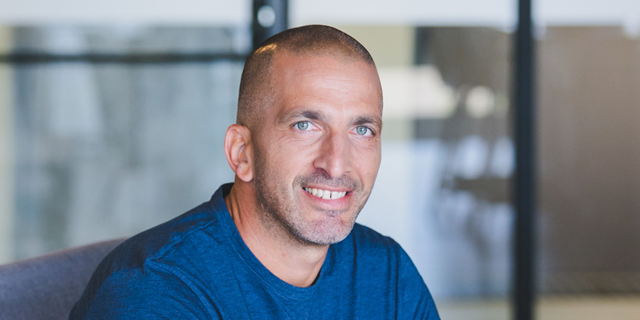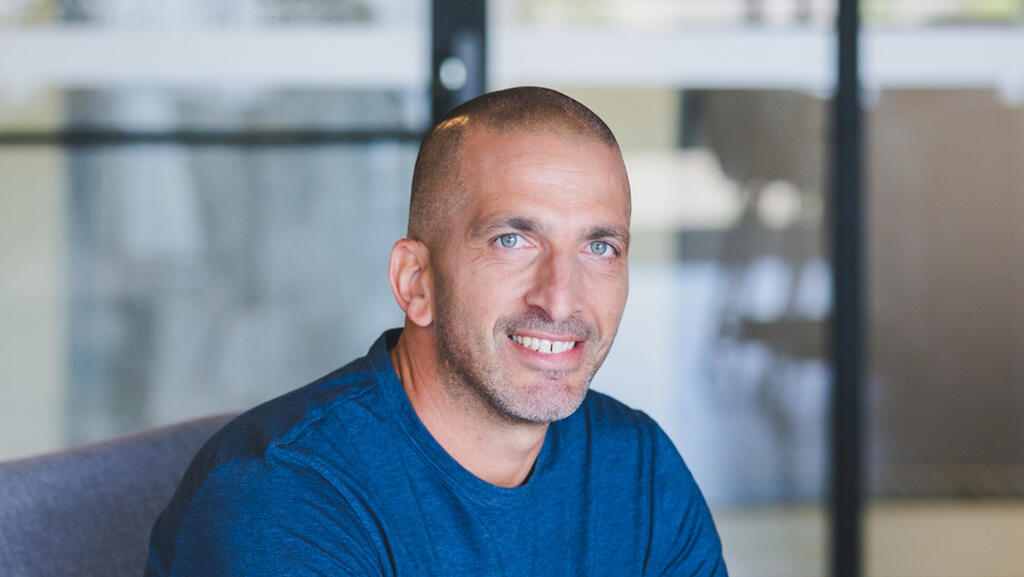
2022 VC Survey
TAU Ventures: “2022 was a transition year” for the VC space
Nimrod Cohen has joined CTech for its VC series exploring what the sector can expect next year
As the year comes to an end, many in the VC space are looking ahead at what 2023 might hold. Markets have become less stable due to many external factors, such as the war in Ukraine and Europe’s energy crisis. Still, many are optimistic that market sentiment will correct or calm down in the months ahead.
Read every interview in our on-going project
“2022 was a transition year,” explained TAU Ventures Managing Partner Nimrod Cohen. “From massive capital looking to be deployed globally in the VC world, with limited alternatives, high valuations, and a focus on rapid growth, the VC sector has shifted towards a revenue-driven and selective investment thesis.”
Looking ahead to 2023, it might be the experienced investors who will come out on top: “Experienced investors understand that times of crisis are a fantastic period for new investments given the array of opportunities available. On the other hand, high-interest rates create investment alternatives,” he added.
Name of fund/funds: TAU Ventures 1 & TAU Ventures 2
Total sum of funds: $95 million
Partners: Nimrod Cohen and Inbal Perlman
Notable/select portfolio companies: SWIMM, Xtend, InnerPlant, Gaviti
Cohen joined CTech as part of its new series to explore some of the potential challenges the sector faces after a turbulent year. In the second part of our survey, we asked the funds to vote on three startups from their portfolio companies that deserve attention in the coming year.
If 2020 was the year of the pandemic, and 2021 was the year of records, how would you define 2022 in the VC sector?
"2022 was a transition year. From massive capital looking to be deployed globally in the VC world, with limited alternatives, high valuations, and a focus on rapid growth, the VC sector has shifted towards a revenue-driven and selective investment thesis. The main contributing factors fuelling this shift include the fall in the public markets, an increase in interest rates, rising inflation, the war in Ukraine, and the energy crisis in Europe."
Who are the big winners of 2022 and why?
"Early-stage VCs with available capital to deploy face a myriad of opportunities as the changes taking place globally have a lower effect on early-stage startups. Moreover, fuelled by this time of crises, early-stage investors can benefit from a broad selection of investment opportunities."
Who are the big losers of 2022 and why?
"Founders who raised in (too) high valuations, in accordance with the market trends during 2022, are now facing challenges in keeping up with promises, follow-on rounds, and investor expectations."
What do you expect in the VC sector in 2023?
"The decrease in the number of deals will inevitably change, given the fact companies that raised a lot of capital over the last year and currently don’t need to raise, as they have put emphasis on extending their burn rate via re-organization and cut-offs. Eventually, they will need to raise more funds to meet their needs.
"As to the creation of new funds, experienced investors understand that times of crisis are a fantastic period for new investments given the array of opportunities available. On the other hand, high-interest rates create investment alternatives. At TAU Ventures, we are highly active these days - we invested in seven companies from the beginning of 2022 and are actively seeking new companies to back."
What global processes will affect (positively and negatively) the Israeli market?
"Israel will be affected by global shifts, one way or the other; the Israeli high-tech sector is similar in its vulnerability to global market changes and will be affected accordingly."
How should different companies prepare for the coming year?
"Startup companies must find ways to gain more time and make the required and immediate action while gaining a more clear view of the market status - whether it be by reserving capital through layoffs or re-adjusting their budget and avoiding overspending. From the new markets and sales angle, there is increased importance on focusing on revenue and creating real value rather than expanding at any price."
What will be of the dozens of unicorns born last year?
"Companies have raised large rounds in Unicorn plus valuations, based on very high multiples. There is a good chance that at least some of those companies will be able to raise funds at the same valuation or even higher, but based on much better business results, meaning that the multiples will be lower."
What sectors will experience an acceleration in VC investment and which will suffer a slowdown - and why?
"Impacted by both global events like the war in Ukraine and the energy crisis in Europe, the need for more sustainable technologies to solve climate change is ever-growing. Climate tech is therefore a rising sector that we expect will reach acceleration in VC Investment. A slowdown may occur in HRTech - a sector that grew substantially during the COVID-19 pandemic."
HR: Do the layoffs, those that have already happened and those that are coming, help to fix in any way the distress experienced by companies over the past 2-3 years?
"Following basics economics, demand and supply are a driving force in the high-tech industry and especially when it comes to employees. In the last 2-3 years the power was in the hands of the employees looking to improve conditions in a competitive market for the employers, and as we see the change from growth to efficiency, this shall lead to the opposite effect. Keep in mind there is still a shortage of talented employees, who retain their strong bargaining power in the market."
Momentick, Deeto, TaTiO - TAU’s 3 notable portfolio companies
Momentick
Momentick is a disruptive deep-tech computer vision company that develops technologies that analyze and detect Methane and other GHG emissions using satellite imagery. Momentick's unique IP in autonomous computer vision and geospatial intelligence enables them to accurately detect and identify materials, landscapes, and gases.
Founders: Daniel Kashmir CEO; Lev Oren COO and Co-Founder; Dr. Ophir Almog, Chief Scientist and Co-Founder.
Founding year: 2020
Number of employees: 14
Explanation behind investment:
Climatetech is a booming sector we are highly interested in exploring. Momentick, founded by serial entrepreneur Daniel Kashmir, is a computer vision-led startup that delivers unique and autonomous capabilities by identifying and quantifying materials such as land-cover types and GHG emissions on a planetary scale.
Deeto
Deeto is a B2B sales enablement platform providing smart real-time connections between customers and prospects, assisting in the decision-making process, while analyzing and distributing precious data.
Founders: Eran Baron CEO, Golan Raz COO, Yossi Gelman CTO
Founding Year: 2022
Number of employees: 10
Explanation behind investment:
Customer knowledge is a goldmine, yet it isn’t leveraged effectively by businesses. Deeto’s visionary team is solving a deep issue in the sales world, bringing in know-how from its team.
TaTiO
TaTiO helps companies recruit faster and better based on proven skills. Skillset is an innovative hiring platform that can efficiently source and vet qualified candidates based on proven skills alone. Their AI smart simulation platform defines the characteristics and proven skills of an ideal candidate for companies' recruiting needs, from the top of the funnel, and helps ensure more efficient and sustainable hiring.
Founders: Maya Huber, CEO, Mor Panfil, COO.
Founding Year: 2020
Number of employees: 15
Explanation behind investment:
Since the onset of COVID-19, companies are struggling to find, and hire, great talent as they compete both within and across industries. At the same time, studies have shown a massive pool of untapped talent. A Harvard Business School report indicates that there are over 27 million hidden workers in the U.S. Underprivileged, hidden workers often lack the credentials or education sought by recruiters, rendering them invisible in the job market. TaTiO offers a method of job recruitment that eliminates the fixation on resumes, instead focusing on skills. TaTiO sources potential candidates and provides realistic job simulation tasks that predict their aptitude for a variety of careers.
